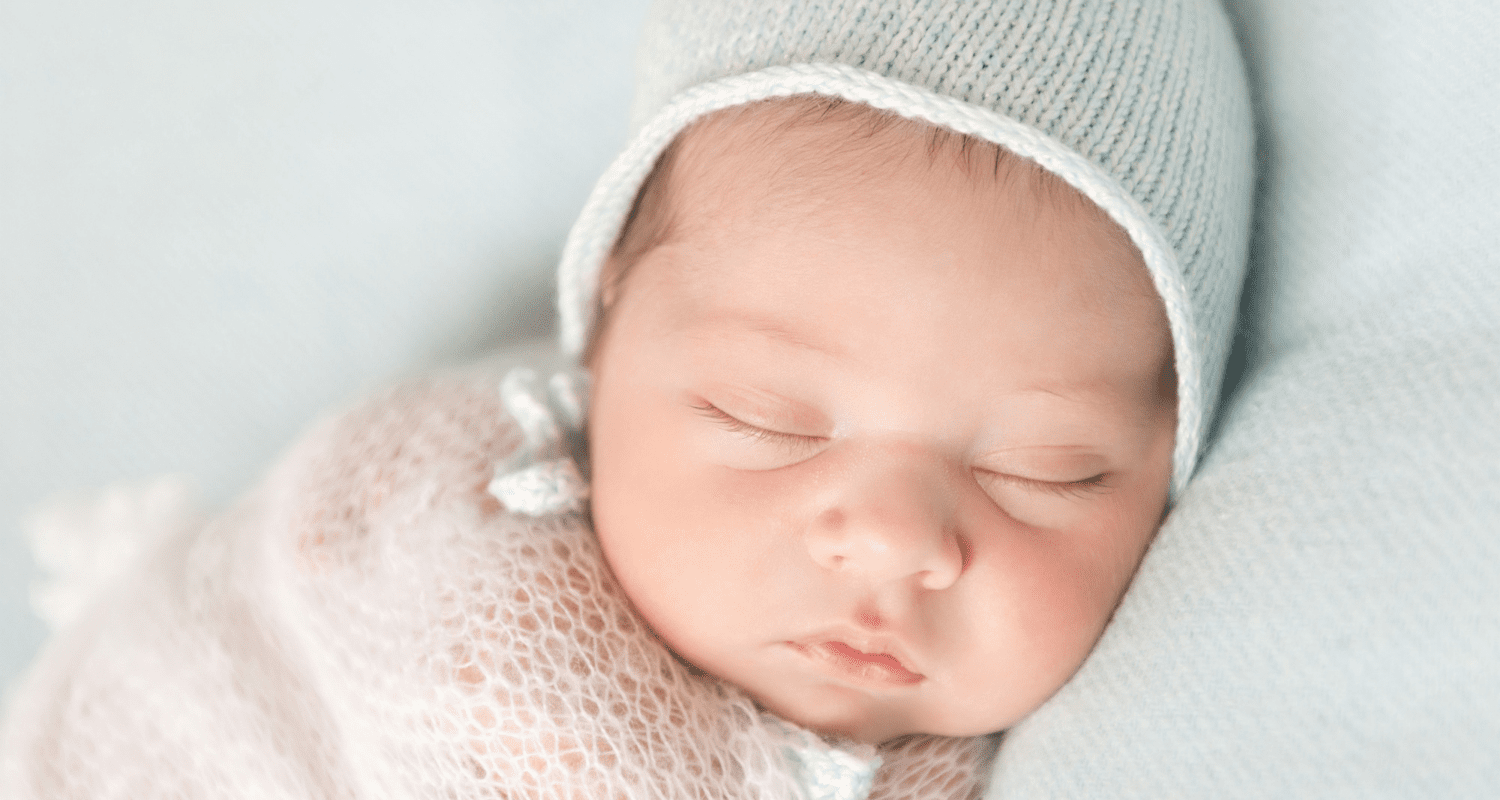INFANT PERIOD (0-3 YEARS) -1. SECTION
COGNITIVE DEVELOPMENT
During this period, brain development is still ongoing. Additionally, the acquisition of reflexes is important for the child's development. The first acquired reflex is the sucking reflex. Then the Moro reflex (throwing the chest forward) comes. This is followed by reflexes such as holding up the head, following objects, grasping, crawling, rocking, and so on. Monitoring reflexes is important for detecting development problems. Every child shows individual differences in development, but generally, the periods in which the child acquires these reflexes are similar. During this period, the child is egocentric. Especially after gaining the ability to walk, the child wants materials to belong entirely to them and to be under their control during play and activities.
By the end of this period, the baby realizes the distinction between themselves and the outside world, and the ability to imitate begins to develop, and goal-directed behavior develops. Additionally, first-stage reactions (0-4 months) develop, such as finger sucking; second-stage reactions (4-10 months) develop, such as repeating movements with objects outside the baby's body; and third-stage reactions (10-18 months) develop, such as repeating actions with external tools and attempting to take a toy with a stick.
FAMILY RECOMMENDATIONS
• It is necessary to strengthen the connections between nerve synapses from an intelligence perspective. Intelligence is an innate characteristic, but it can develop based on the abundance of stimuli and regress based on the scarcity of stimuli. It is important for the materials used in a child's play to stimulate all 5 senses. Preventing a child from getting to know their environment should be avoided. Sound toys, objects with different textures, and objects of different colors and sizes provide a variety of stimuli.
• Children should be exposed to music.
• The materials used in a child's play should not contain small, sharp, or harmful substances, as children have a tendency to use their mouths to explore objects, especially between the ages of 0-18 months.
PSYCHO-MOTOR DEVELOPMENT
After the development of reflexes, children gain coordination of their legs, arms, and torso, and begin to lay the foundations for the development of small muscles (finger muscles, etc.) little by little. For example, at the age of 2, they can hold a spoon, but they cannot use it in a coordinated manner like an adult. This period is particularly important for laying the foundations for the development of large muscles (arms, legs, torso) and small muscles (finger muscles).
FAMILY RECOMMENDATIONS
• Parents should pay attention to their child's reflexes, responses to stimuli, eye coordination, hearing ability, and finger usage during this period.
• They should monitor their reflexes after consulting with a specialist.
• Understanding the development of the senses during this period is crucial, as if there is a problem in a child's development, identifying it in infancy means early diagnosis and early treatment. For example, to determine if a child has a hearing problem in the first few months, without showing the child, parents can shake a rattle behind them and observe whether the child responds to the sound or not. If the child does not respond to sound, it is important to consult with a specialist. Reflexes are also important for diagnosing disabilities.
• Parents should allow their child to try using a spoon, dressing themselves, and brushing their teeth as a game, as soon as they are able to. It is important to give children this opportunity, as it lays the first foundations for the development of small muscles (finger muscles) and hand-eye coordination, and children begin to gain the ability to move independently from a young age.



